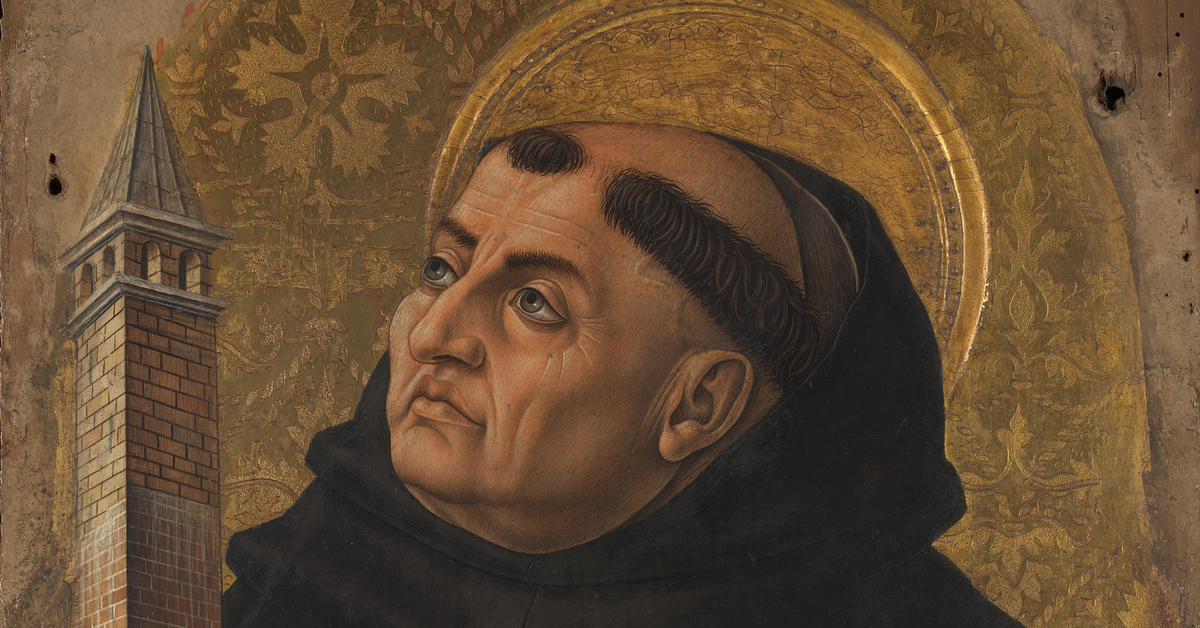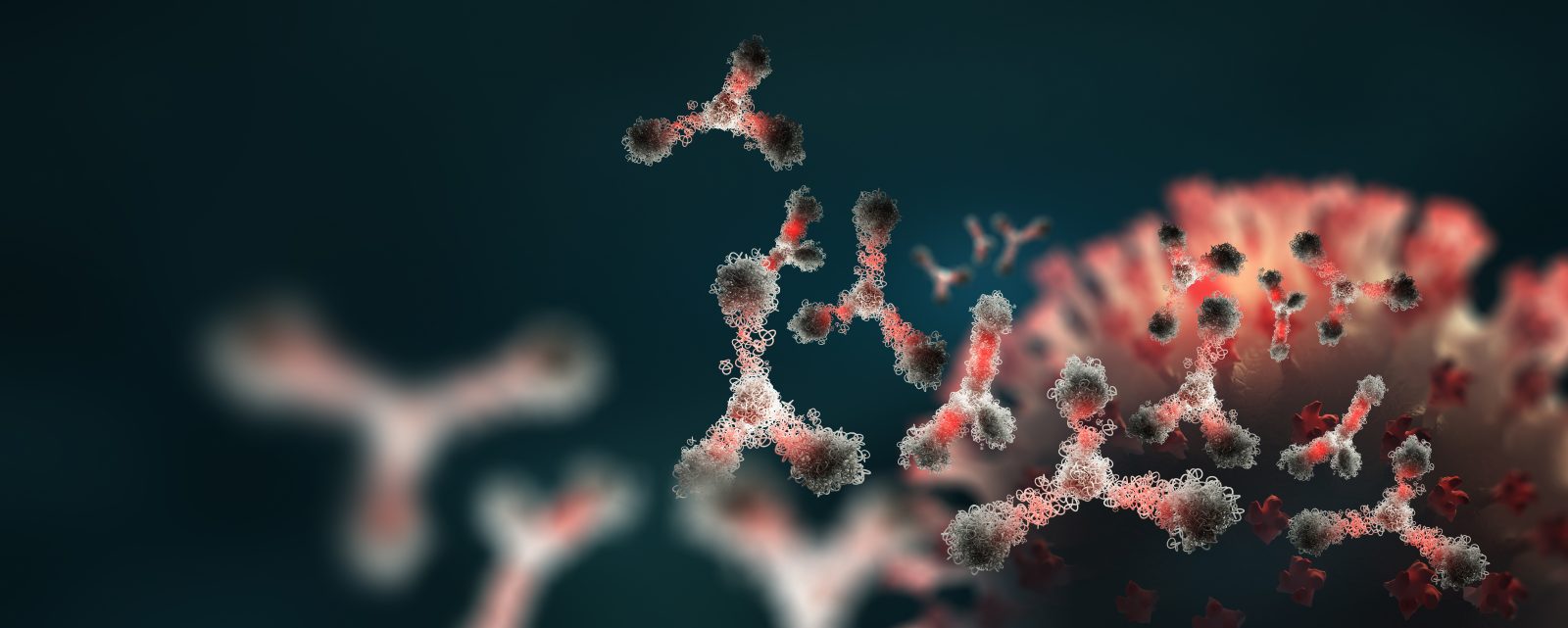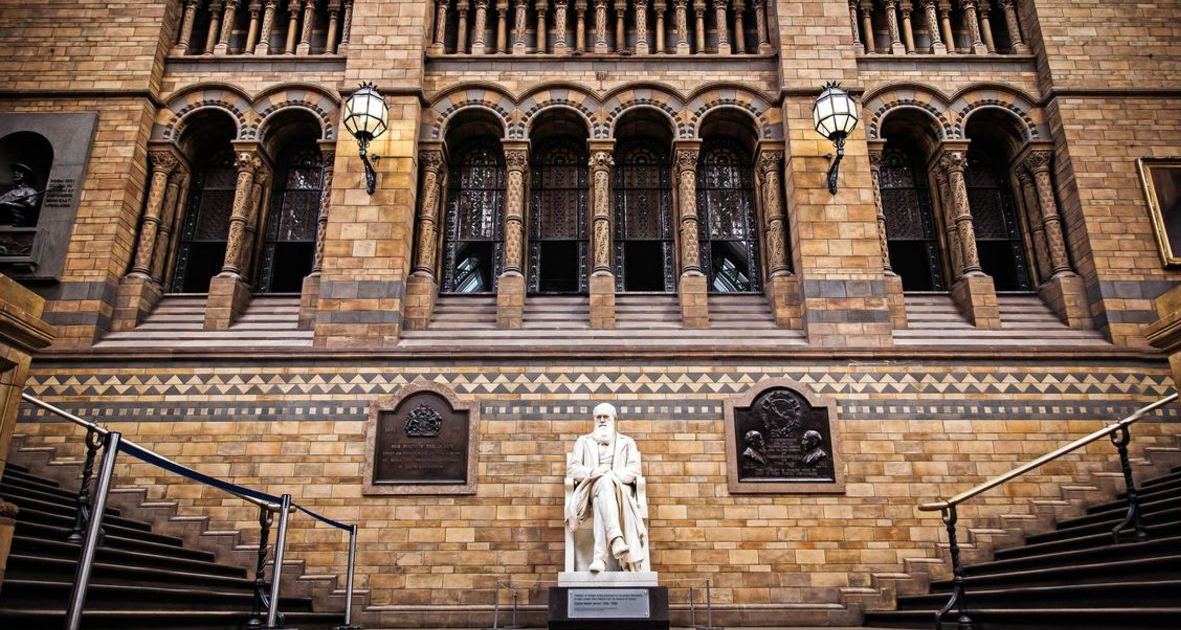


Bill Dembski Reflects on The Origins of a Classic

Behe and Ramage Debate, Pt. 2: Evolution, ID, and Aquinas
Today’s ID the Future continues the conversation between Catholic intelligent design biologist Michael Behe and Catholic theologian Matthew Ramage. Both agree that nature points to a cosmic designer, but Ramage says he prefers, on aesthetic grounds, the idea that the biological realm has the capacity, gifted by God, to evolve on its own without the need for intervention by God. Behe notes that people have different aesthetic predilections, but it’s the scientist’s job not to figure out how he would have preferred things to have happened in nature, but to discover how they actually did come about. Behe also says that while the sun, moon, and stars do move according to fixed natural laws, it doesn’t follow from this that the many complex forms we find in biology arose purely through natural laws. The question of how they arose requires scientific investigation. Philosophy for the People Podcast host Pat Flynn leads the discussion, which is reposted here by his permission.

The Evolution (or not) of Consciousness
On this ID the Future neurosurgeon Michael Egnor interviews Bernardo Kastrup, a philosopher with a background in computer engineering, about consciousness, evolution, and intelligent design. Did consciousness evolve? What does the evidence suggest? And how do materialists deal with the seemingly immaterial reality that is consciousness? This is a guest episode borrowed with permission from Mind Matters, a podcast of Discovery Institute’s Walter Bradley Center for Natural and Artificial Intelligence.

Information, Specified Complexity and the Explanatory Filter
On this episode of ID the Future, we hear the third and final portion of a talk given at the 2020 Dallas Science and Faith conference. Daniel Reeves, education outreach coordinator at Discovery Institute, rounds out his extended explanation of intelligent design theory. Far from being “Gee whiz that’s complicated; it must be designed!,” the theory relies on well-defined concepts such as specified complexity and an explanatory filter that allows one to distinguish designed events from either chance, necessity, or a combination of the two. The key in the molecular biological realm: detecting functional information.

Covid-19, Random Mutations, and Aristotle’s Matrix of Design
On this episode of ID the Future, Andrew McDiarmid speaks with neurosurgeon Michael Egnor about Egnor’s recent Evolution News article, The Coronavirus Demonstrates How Evolution Presupposes Intelligent Design. Egnor notes that the coronavirus and other viruses are not, strictly speaking, considered living things, even if they depend on living hosts for their continued existence. Egnor also discusses the role of random mutations in viruses and draws upon Aristotle to argue that these and other random events only occur, and have their meaning, against a backdrop of purpose and design — in this case, the designed systems — the bodies — that viruses invade.

Kenneth Miller’s Darwinian Theism: Trying, and Failing, to Square a Circle
On this episode of ID the Future, Pr. Emeritus Michael Flannery (U of Alabama-Birmingham) continues his discussion of evolutionist Kenneth Miller’s recent book The Human Instinct: How We Evolved to Have Reason, Consciousness, and Free Will. Flannery suggests that Miller’s “theistic evolution” is more precisely Darwinian theism — and that such a marriage is as ultimately hopeless as squaring the proverbial circle.
Read More ›